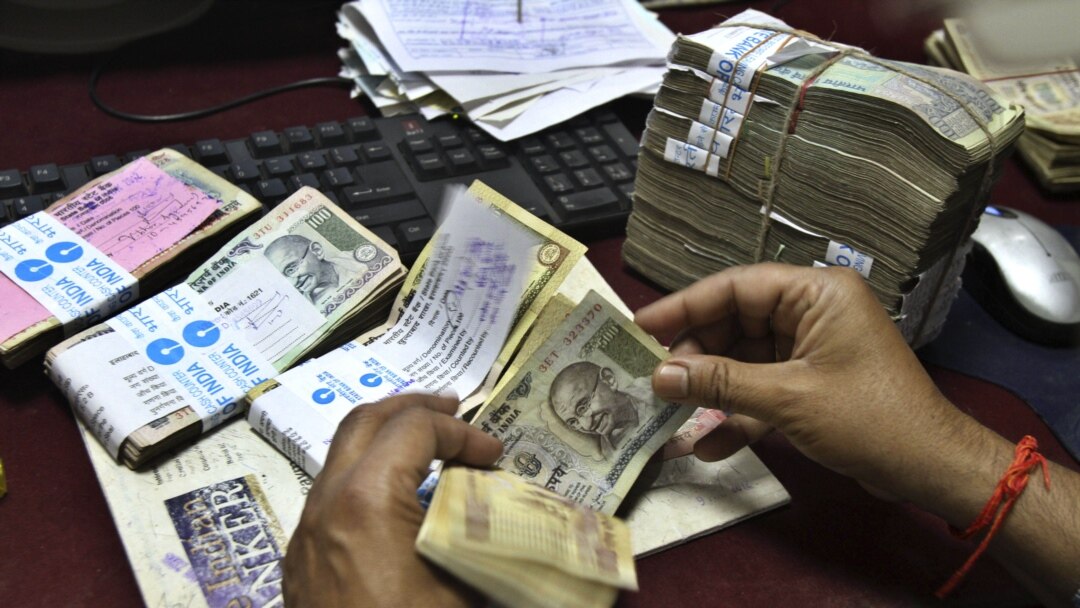The Indian rupee has hit a new all-time low, raising concerns about slower economic growth and its effect on investor confidence. This situation unfolds against a backdrop of ongoing volatility in the stock market, with major indices facing fluctuations. Analysts are keeping a close eye on the Reserve Bank of India (RBI) to determine if it will address the current economic challenges with an interest rate cut in its upcoming meeting. Such a decision could influence inflation management, economic recovery, and short-term investor sentiment.
The decline in the rupee’s value has alarmed economists, as it has fallen to levels not seen in recent years. The slowdown in economic activity, driven by both domestic and international factors, has added further pressure on India’s financial markets. While some experts believe that a rate cut from the RBI could encourage growth by lowering borrowing costs, others worry that this action might weaken the rupee even more and exacerbate inflation.
This difficult period has left businesses and investors feeling uncertain, as they navigate rising costs and possible policy changes. The central bank’s forthcoming actions are crucial, as they must find a way to support economic growth while ensuring stability in the currency and keeping inflation in check. The RBI’s decision will likely influence the direction of India’s economy in the months ahead and affect the wider financial landscape.








